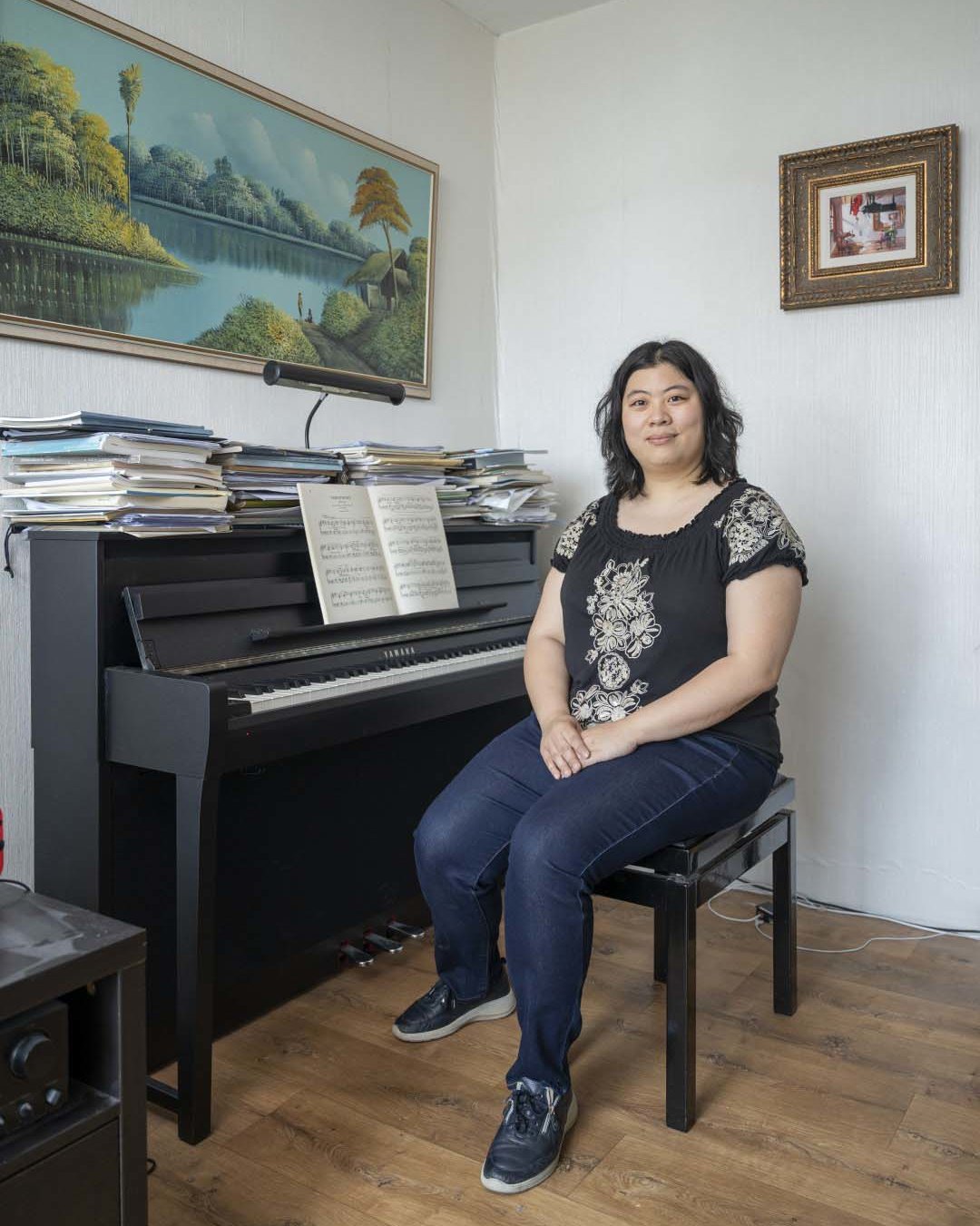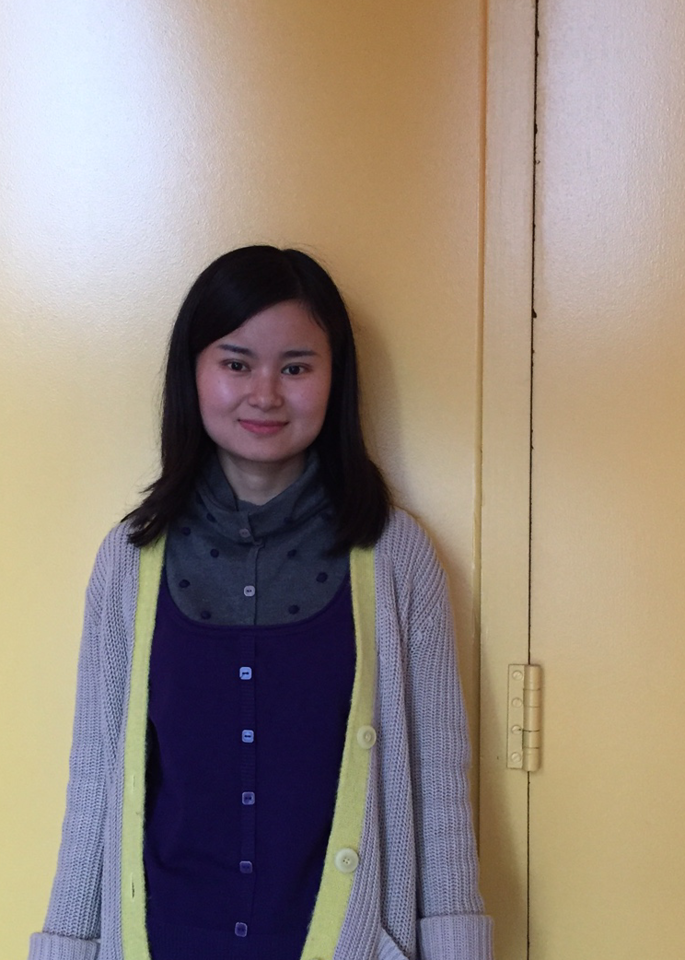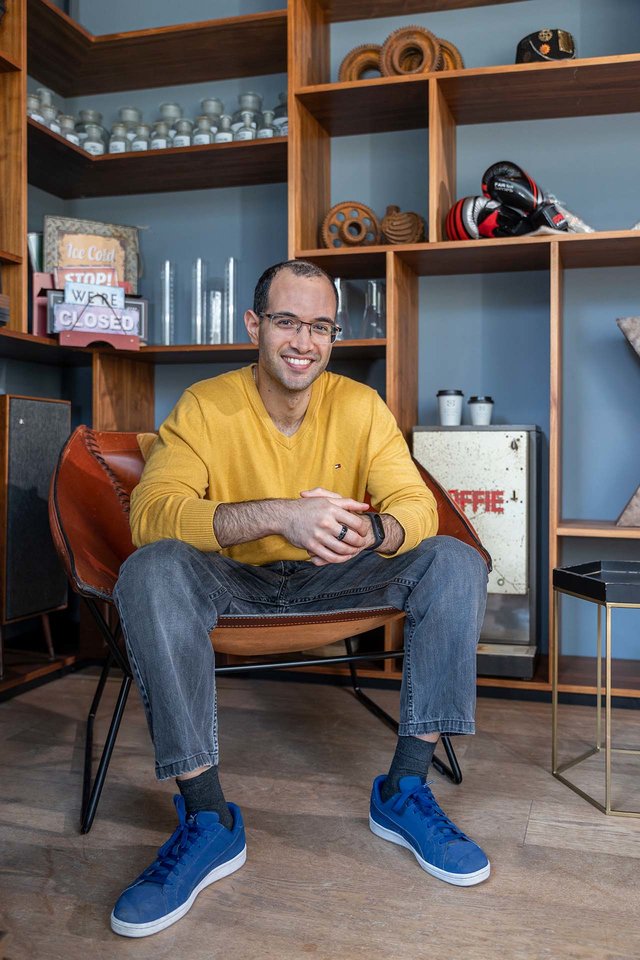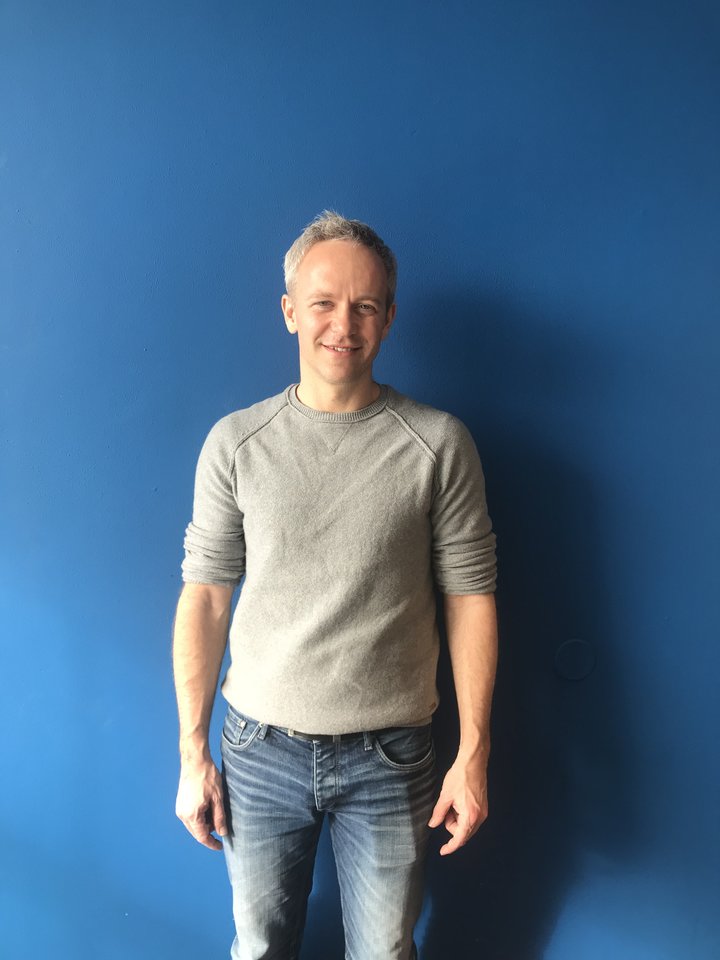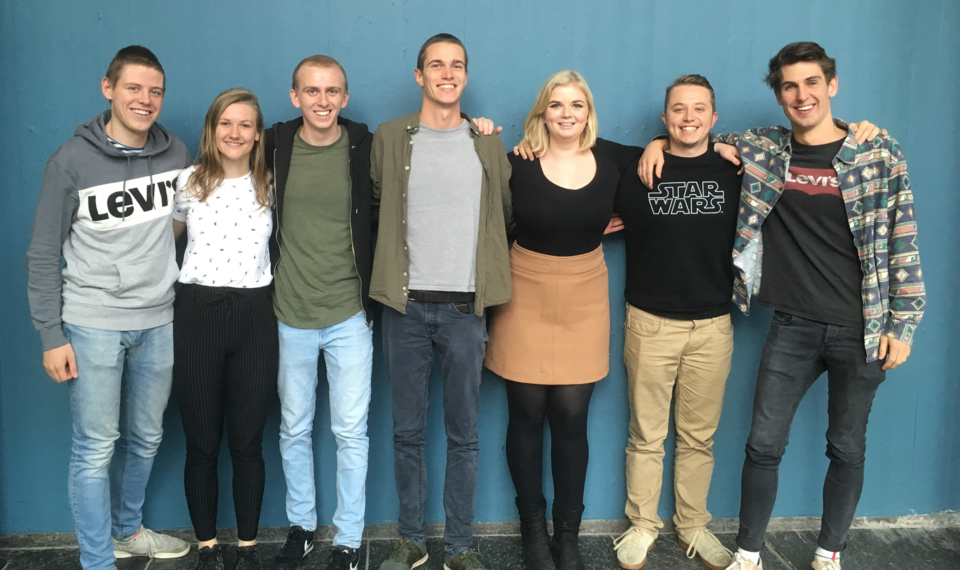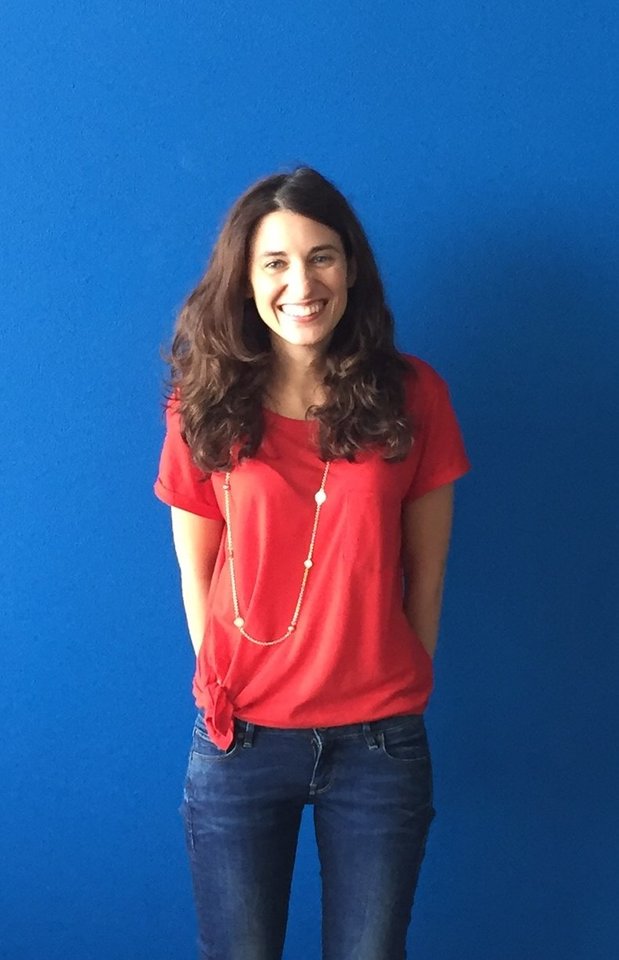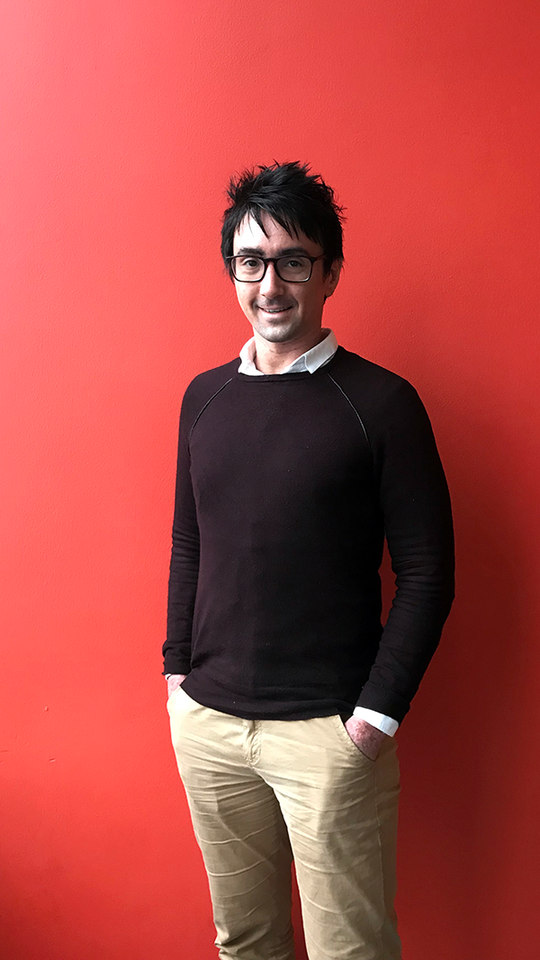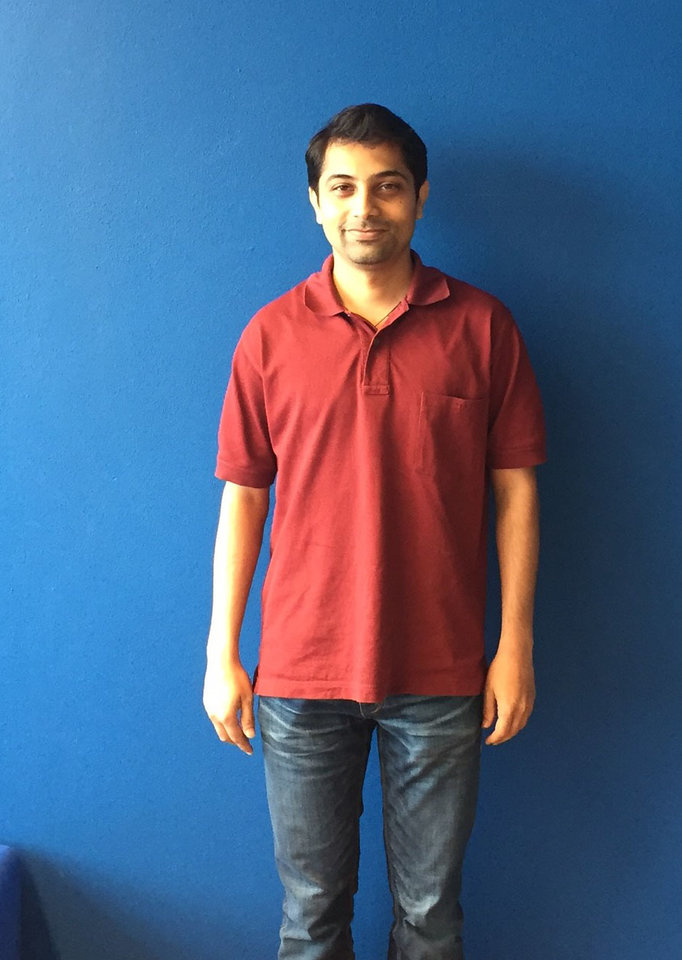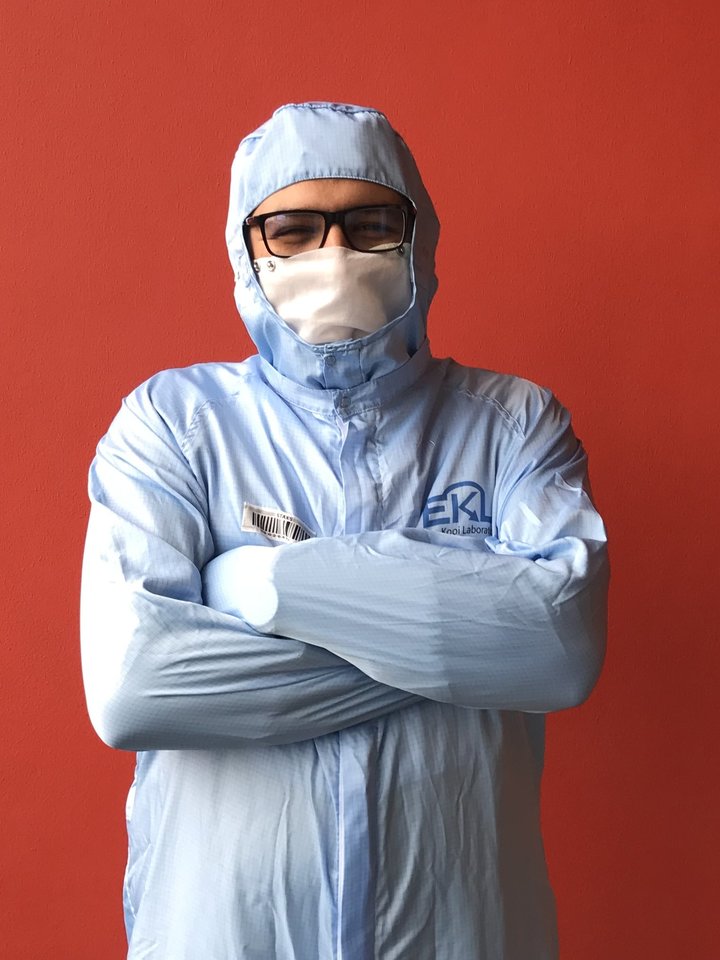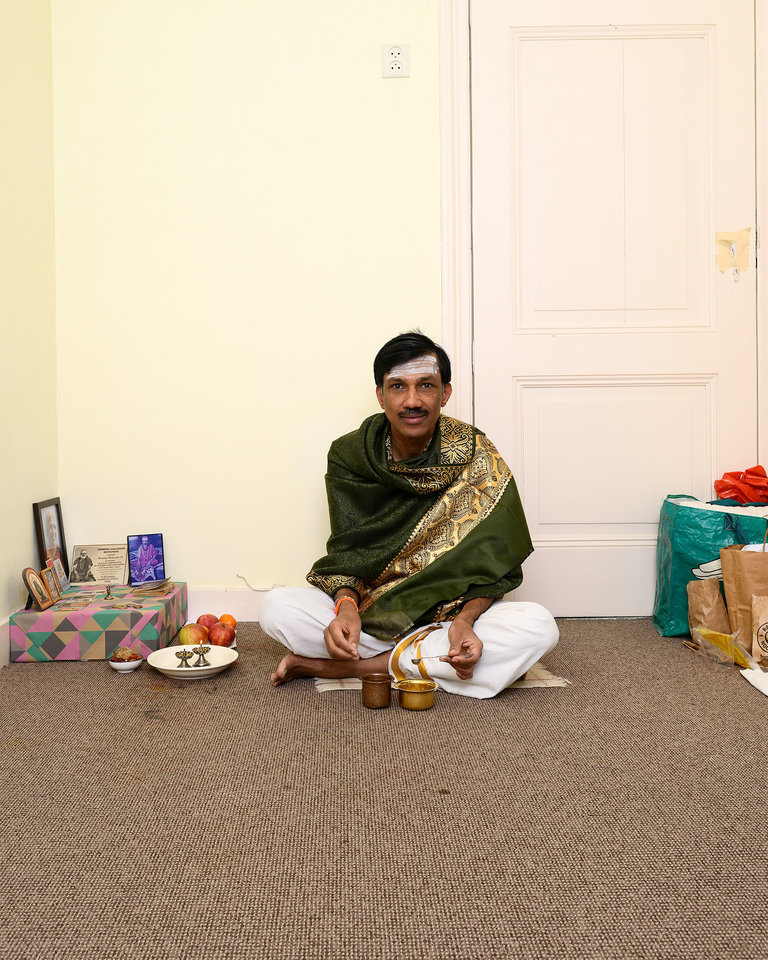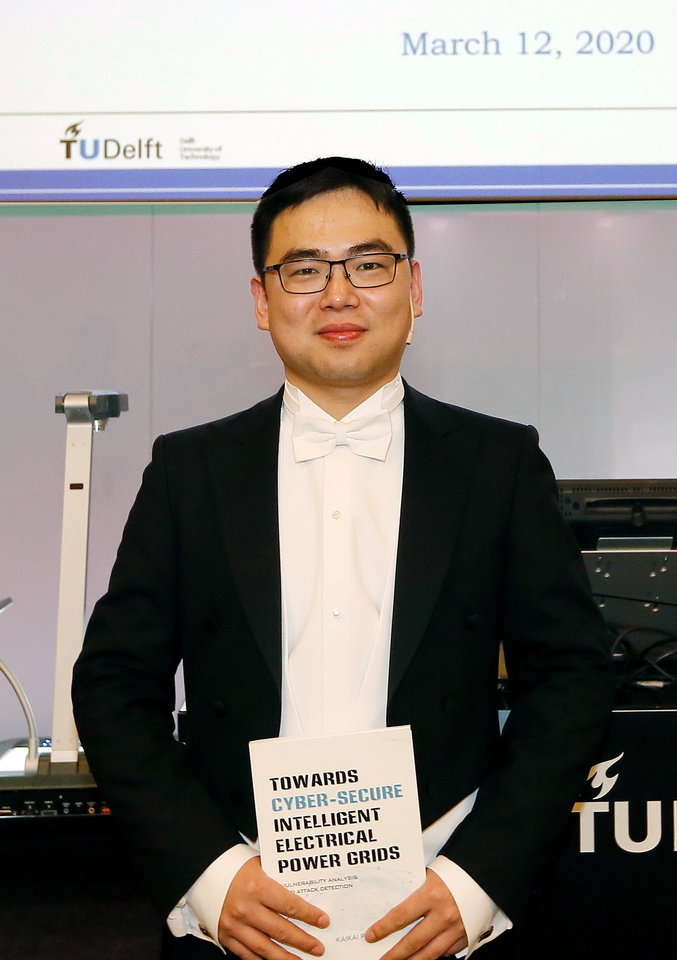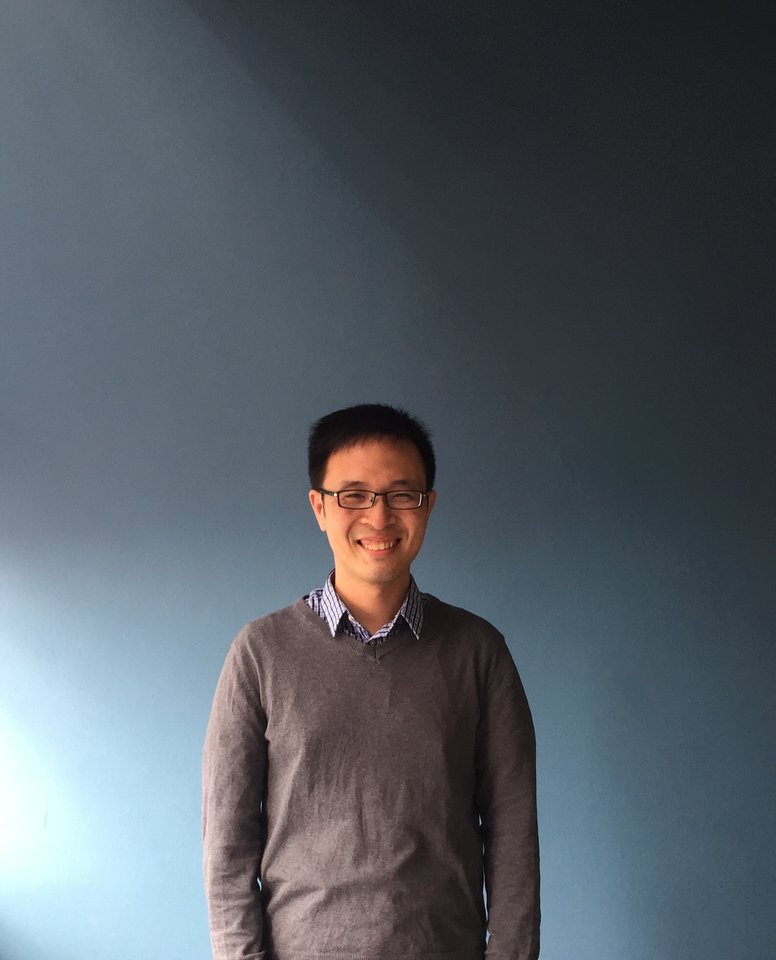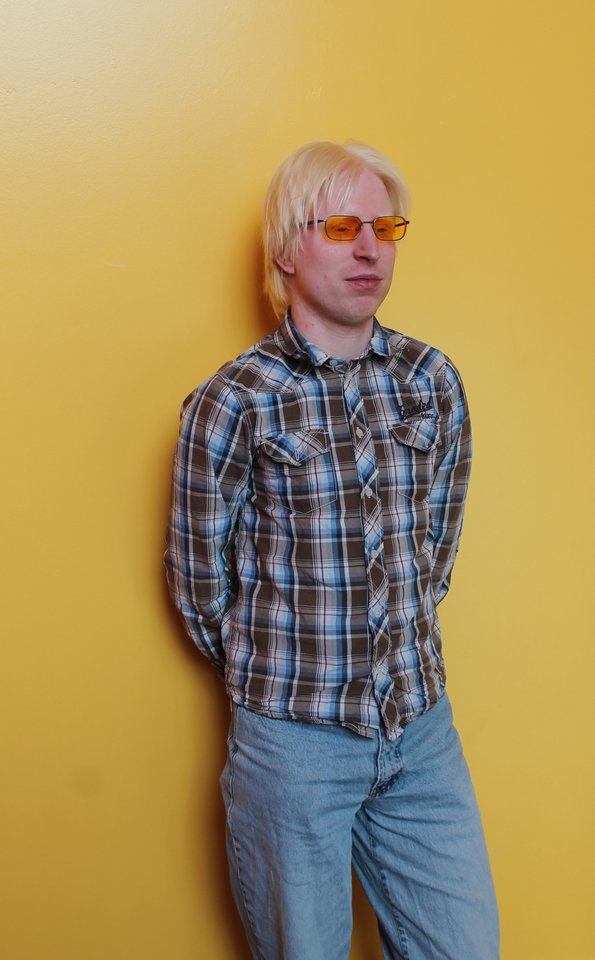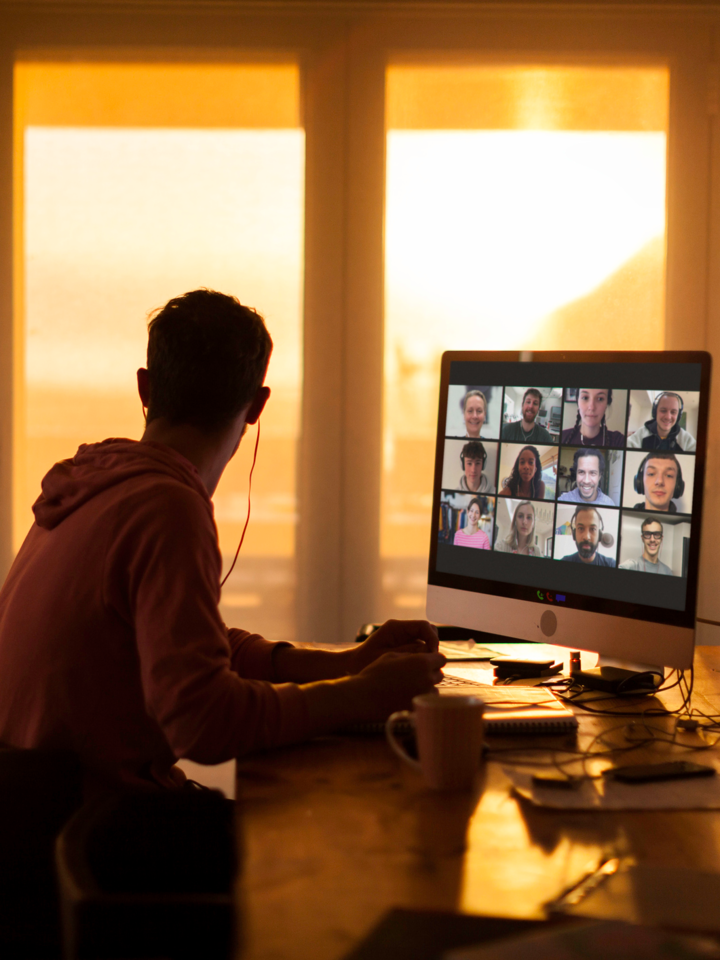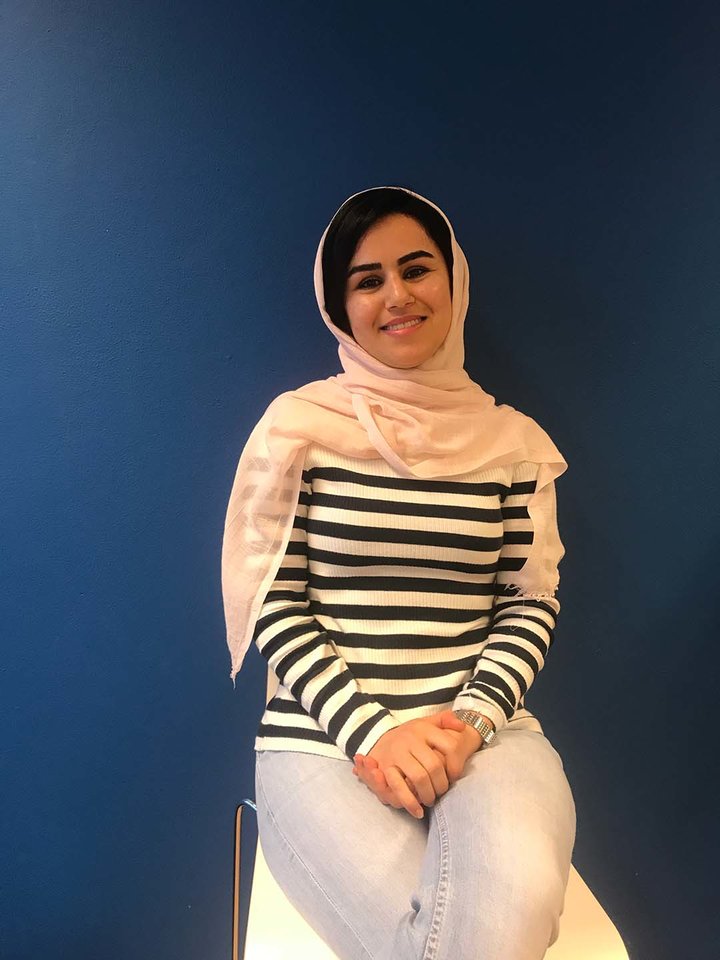Personal leadership is not only about improving yourself, and your own skills, but it is also about supporting others and bringing about change. In this series of Humans of EEMCS, we talk to four people who are dedicated to personal leadership causes within the faculty, in addition to their normal duties. This fall, for example, there are elections for the EEMCS OdC. We find out what drives people to use their personal leadership skills to devote themselves to these and other committees.
For me, personal leadership is about taking ownership. Not just about your own development or talents, and not even just about the development of others. Personal leadership also means being aware of the impact of your work. Personally, I think we scientists still too often retreat into the proverbial ivory tower, with the old excuse that it's only about producing knowledge. But that knowledge does not exist in a vacuum. Ultimately, many of our ideas find their place in society - and that brings with it responsibility, a responsibility we should seize with both hands.
That is why I find it strange to see that in an environment where we are given so much freedom to set our own goals - we don't have to make a profit as academics, for example, or meet targets - we still often fall back on old-fashioned ways of measuring success, which exist only in our own reality: publications, citations, and attendance at conferences. I am concerned about this, as it results in a loss of talent. People who want to make a concrete impact say that an academic career is not for them. I believe, however, that as academics, we are given the freedom to set our own goals.
That is why, with the OdC - which I have led recently - we committed to adjust the assessment criteria for academic staff and to embrace a broader perspective on success. Why was there, for example, no explicit mention of engineering, and only a small note about teaching in the assessment criteria, when this is precisely the essential impact of our work? There seemed to be no good answer to this. Consequently, education and engineering are now also more clearly appreciated. This is a significant step forward, recognizing that science is not only about publications and citations but also about sharing knowledge and creating tangible results that have a positive impact on society.
Another challenge for the OdC was, and still is, the integration of non-Dutch-speaking talents. While it's incredibly important for a career here at TU Delft, the opportunities to learn Dutch in a work context are limited. It seems we don't have this sufficiently on our radar in terms of policy. We often do everything in English or expect you to learn Dutch in your own time. However, some do not get around to this or do not sufficiently realize how important Dutch is, resulting in their valuable input not always reaching the boardrooms. We are currently in dialogue with faculty management about how we could address this issue in small ways. One idea is, for instance, to allocate hours for learning Dutch. But also by supporting small initiatives, such as regular informal Dutch coffee gatherings, where you can really only speak Dutch. In this way, you become part of the Dutch community, and you truly learn what the norms and values are.
Participating in a committee such as the OdC is a fantastic way to learn how the university works. It's not only beneficial for the organization, but it also personally enriches you. People often shy away from the role of advocate within an organization, fearing potential confrontations with superiors. However, it's important to realize that there's legal protection for participation, like the Works Council or the OdC. More importantly, I continually find that the dean encourages us to think openly about collective interest. This is valuable and enables us to truly achieve something within the organization.
Understanding the Dutch work culture can be particularly difficult for internationals. The Dutch themselves don't think much about it, but we are remarkably inconsistent with rules. Sometimes there's a rule that we absolutely cannot bend, and it would seem the world would end if we did. Other times, we can apply the rules flexibly without consequences. These inconsistencies can be difficult to explain to foreigners.
We can choose to see our role in the OdC strictly, ensuring that the law is adhered to the letter, but I see it more as an opportunity to shape the university in a constructive way. But ultimately, the OdC is also just one of the many ways you can fulfill your own role and talents, to ultimately bring about positive changes for both yourself and your colleagues. I would encourage everyone to search within the organization, and also within themselves, to figure out how they want to approach personal leadership - there is plenty to choose from.
